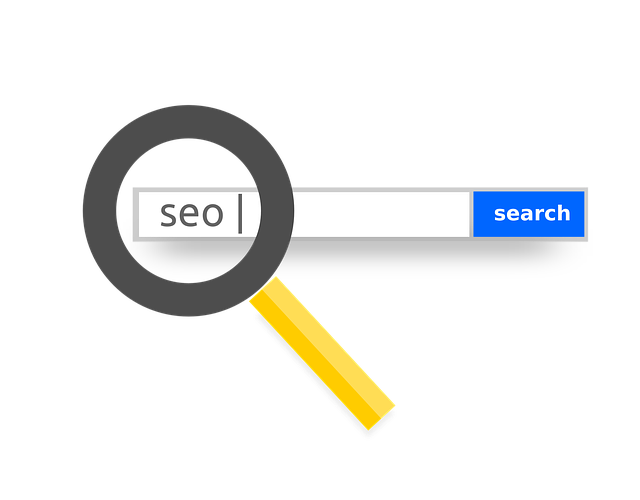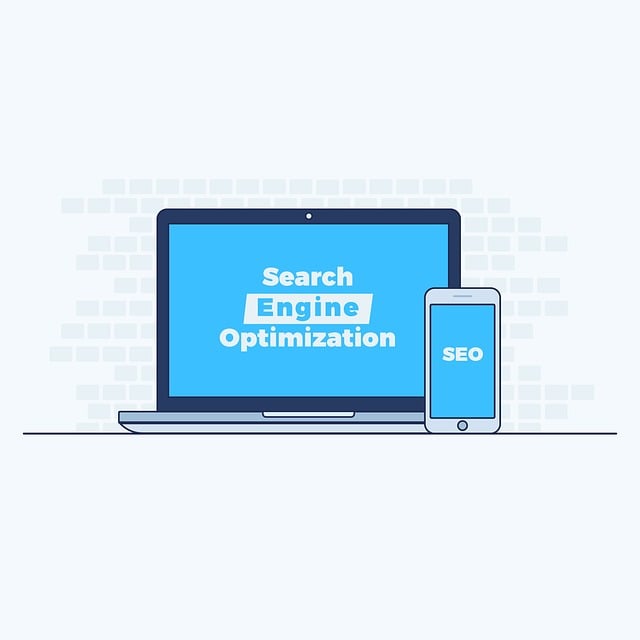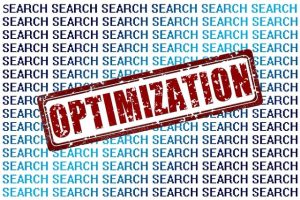On-Page SEO is crucial for new websites aiming to boost online presence, focusing on optimizing individual pages to improve search rankings and attract relevant traffic. This involves keyword research, creating high-quality content, strategic keyword placement in headings, meta tags, and text while maintaining readability. Essential optimizations include page titles, URLs, and alt text. A well-structured website with intuitive navigation and effective internal linking strengthens SEO. Crafting compelling, optimized content with structured paragraphs, multimedia, and mobile-friendliness drives user experience and organic traffic. Meta tags provide search engines key insights, with title tags influencing click-through rates. Measuring performance using tools like Google Analytics and Search Console identifies areas for improvement, ensuring long-term success through iterative optimization focused on user engagement. Effective implementation of these SEO services is key to new websites' online success.
Launching a new website is an exciting step, but ensuring its visibility online is crucial. Effective on-page SEO strategies are vital for any website’s success, especially for newcomers to the digital landscape. This comprehensive guide explores the essential components of optimizing your new site for search engines. From understanding the fundamentals to crafting compelling content and utilizing meta tags, we’ll navigate you through each step, providing valuable insights into improving your website’s on-page SEO performance and attracting more visitors via top-tier SEO services.
Understanding On-Page SEO for New Websites

On-Page SEO is a crucial component for any new website looking to establish itself online. It involves optimizing individual web pages to rank higher and earn more relevant traffic in search engine results pages (SERPs). For a new site, this means ensuring that each page is packed with valuable content tailored to your target audience’s keywords and intents. Effective on-page optimization includes strategic use of keywords in headings, meta tags, and throughout the content while maintaining readability and user experience.
SEO services for new websites focus on implementing these techniques from the ground up. This includes conducting keyword research to identify terms relevant to your business or niche, creating compelling and informative content that satisfies user queries, and optimizing essential elements like page titles, URLs, and alt text for search engines to easily understand and index each page’s content accurately.
Key Elements of Effective On-Page Optimization

When optimizing a new website, focusing on on-page SEO is crucial for attracting organic traffic and improving search engine rankings. Effective on-page optimization involves several key elements that work together to enhance user experience and signal to search engines the relevance of your content. One of the most important aspects is keyword research and strategic placement. Identify relevant keywords specific to your niche, incorporating them naturally into your website’s titles, headings, meta descriptions, and content. This helps search engines understand the context and intent behind your pages, leading to better indexing and increased visibility.
Another vital element is creating high-quality, engaging content that provides value to your target audience. Optimize your page content with well-structured paragraphs, relevant images, and multimedia elements. Ensure your website has a clear information architecture, allowing users and search engine crawlers to navigate effortlessly. Internal linking also plays a significant role in on-page SEO, as it helps distribute link equity across your site, improving the overall authority of your web pages. Implement these strategies effectively, and you’ll be well on your way to enhancing the online presence of your new website through robust on-page SEO services.
Optimizing Website Structure and Navigation

When it comes to on-page SEO for new websites, optimizing website structure and navigation is a crucial step. A well-structured site with intuitive navigation enhances user experience, encouraging visitors to explore more pages and stay longer. This, in turn, signals to search engines that your website is valuable, resulting in improved rankings over time.
A strategic information architecture should be designed with keywords in mind. Each page should have a clear focus keyword, and the site’s hierarchy should make it easy for both users and search algorithms to find relevant content. Effective internal linking further reinforces this structure, helping to distribute link equity throughout the site and letting search engines understand the context of your pages. For SEO services for new websites, paying attention to these aspects ensures a solid foundation for organic growth.
Crafting Compelling and SEO-Friendly Content

Crafting compelling content is essential for any website’s success, but it’s equally vital to ensure that content is optimized for search engines. When creating content for new websites, focus on providing valuable and unique information that resonates with your target audience. Utilize keywords naturally throughout your text, incorporating them into headings, subheadings, meta descriptions, and image alt tags. This seamless integration enhances readability while signaling to search algorithms that your website offers relevant, high-quality information.
Effective content optimization goes beyond individual words; it involves structuring your content in a way that supports both user experience and SEO services for new websites. Break down lengthy texts into digestible paragraphs, include multimedia elements like images and videos, and ensure your website is mobile-friendly. These strategies not only make your site more inviting to visitors but also encourage search engines to index and rank it higher, driving organic traffic to your newly launched platform.
Utilizing Meta Tags and Title Optimization

Meta tags are essential components of on-page SEO for new websites. These hidden elements provide search engines with critical information about your content, helping them understand and rank your pages accurately. Keywords play a pivotal role in meta tags, especially in the title tag, which is one of the most crucial factors for SEO services for new websites. Optimizing your title with relevant keywords ensures that your web page appears in search results for related queries, increasing visibility and potential traffic.
The title tag, often displayed as the clickable headline in search engine results pages (SERPs), must be compelling and accurately represent the content of the page. It’s a powerful tool to attract users and encourage clicks, which can significantly impact your website’s performance and user engagement. Additionally, meta descriptions, though not directly ranked by search engines, provide a brief overview of the page content and can influence click-through rates, further enhancing your SEO strategy for new websites.
Measuring and Analyzing On-Page SEO Performance

Measuring and analyzing on-page SEO performance is a crucial step in optimizing new websites. SEO services for new websites should include regular checks on key metrics such as click-through rates (CTR), average session duration, and bounce rate. These indicators provide insights into how well your website is resonating with users, which can directly impact search engine rankings.
By utilizing tools like Google Analytics and Search Console, you can track the effectiveness of your on-page strategies. For instance, identifying pages with low performance can help in refining content, improving meta tags, and enhancing overall user experience. This iterative process ensures that your new website not only attracts visitors but also retains them, ultimately driving better SEO results over time.
